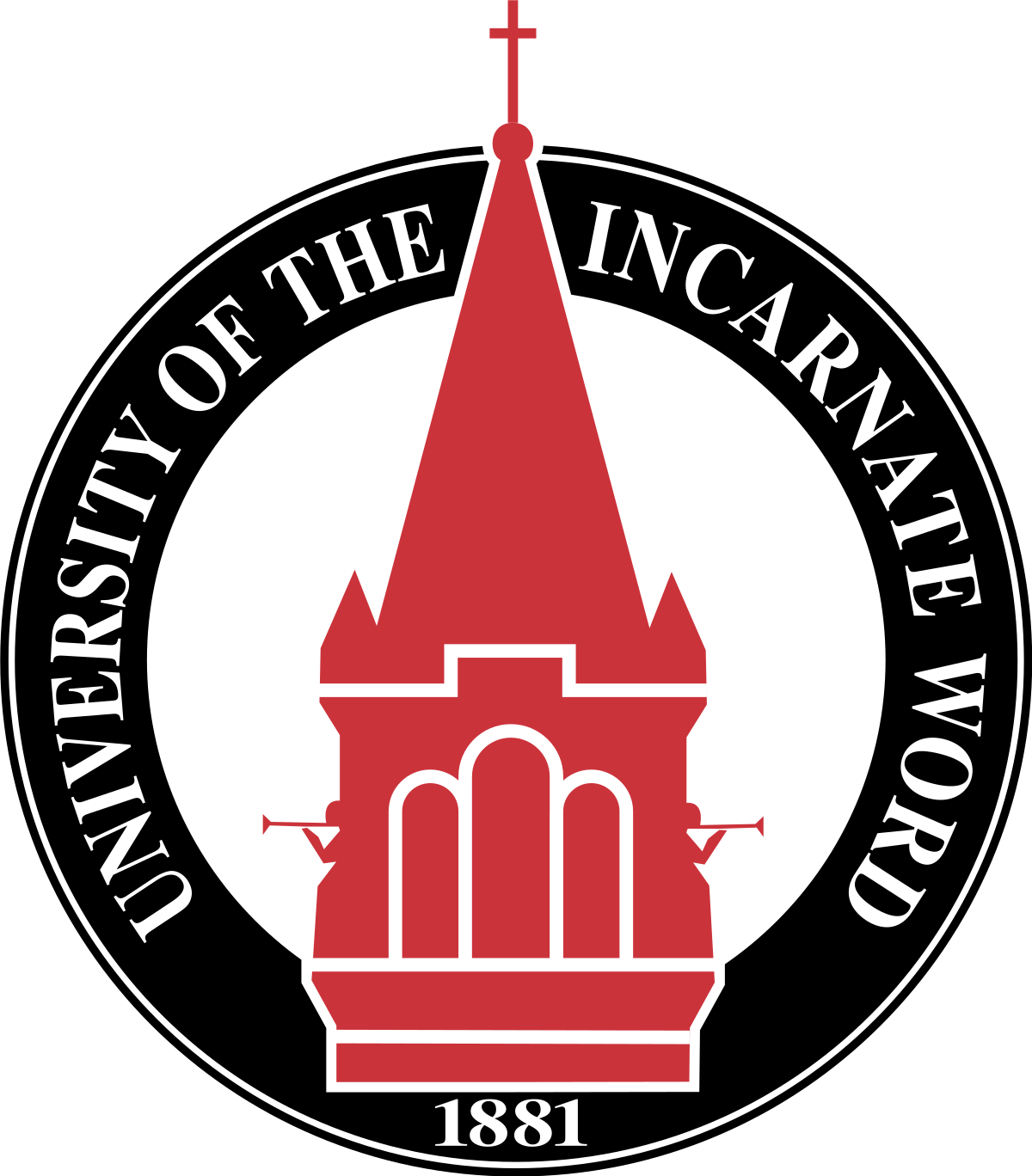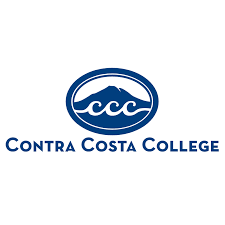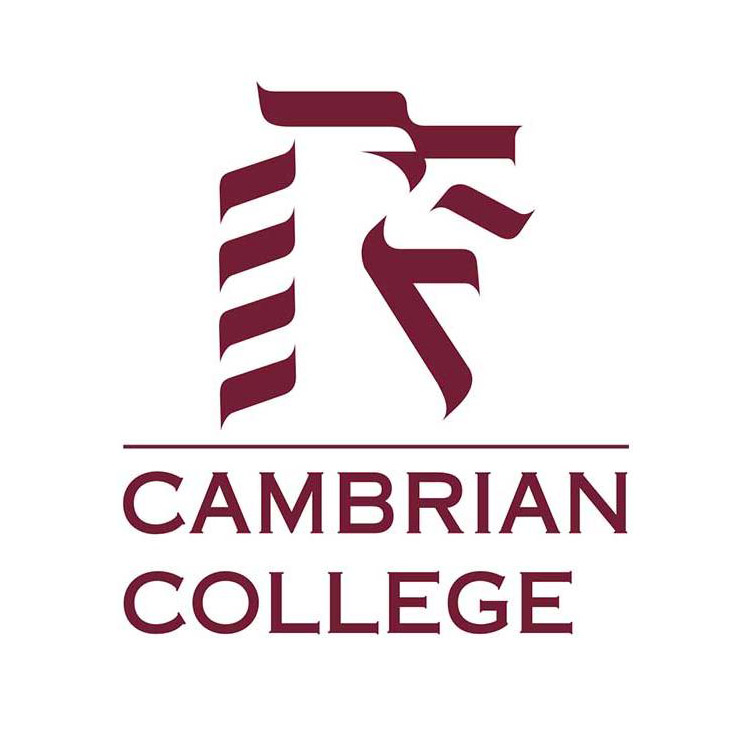Get Better At Earning Canadian Experience - Top Secrets For Students
As a new student coming to Canada, you're planning to earn Canadian experience while studying; but the question is how, when you don't have any working experience. We have some solutions!
As an international student, acclimatizing to the new job market can be a tad overwhelming. Not only do you have to get used to a different country, a new set of people, and an entirely different education system, but you also have to get into the workforce without the slightest hint of it. You must have heard a hundred different pieces of advice that tell you to start early, to start making professional connections, and start earning while in school, but nobody tells you how. How do you find something when you do not know where to look?!
Well, worry no more! Consider this article to be your cheat sheet on how to earn Canadian experience while studying. The following steps will give you an overview of everything you need to know and everywhere you need to look:
Before you begin
- Determine your eligibility to work:
As an international student on a study permit, you can start working in Canada once you start your study program if you meet all the requirements set by IRCC.
- Obtain your Social Insurance Number (SIN).
Where to begin

1. Student positions at school
Most post-secondary institutions have a certain number of job positions set aside for their own talent pool, meaning they hire their own students for a variety of part-time (and sometimes full-time) positions that let them gain professional experience, make connections, and learn new skills.
Most of these positions pay more than the minimum wage rate of the province and provide on-the-job training. Look for such opportunities on your institution's website or ask your program advisor about them.
2. Co-op program placements
Simply put, co-op programs combine academic education with professional training to provide the students with relevant experience and skills in their field. Most colleges and universities offer co-op education as a part of their professional programs. The students need to work for a set number of hours to complete their program requirements. These positions can be within the college/university or elsewhere. Companies in Canada also provide co-op work opportunities/internships to students which can sometimes lead to offers for full-time permanent positions.
3. Undergraduate/Graduate research assistantships
If you are interested in pursuing an academic career or if you want to learn about your field in-depth, you can work as a research assistant. Professors often look for undergraduate and graduate students to help them with research projects. Although it depends on the funding available, research assistants are often well compensated for their work, and they get to learn the ropes of academia.
4. Volunteer Opportunities
Did you know that volunteer work also counts as work experience? Student clubs at colleges, government organizations, and NGOs offer a lot of volunteer work that can help you gain technical skills and make professional connections to get your foot in the door. In Canada, recruiters appreciate lots of community engagement. Volunteer opportunities let you showcase your sense of responsibility towards the Canadian society along with your professional skills and hence, can earn you some brownie points.
5. Off-campus work
You can work at restaurants, fast-food chains, coffee shops, retail, tutoring jobs, or freelancing while you study. Do not hesitate to work in jobs unrelated to your studies. In Canada, all job experience is considered relevant because it will teach you about Canadian work ethics and allow you to make connections. To know more about this, check out our article “Earn While You Learn: Jobs in Canada for International Students”. Additionally, get tips on how to budget and handle expenses once you start earning here: “Money Matters: Living Expenses as in International Student”.
Tip:
Keep in mind that your international work experience is just as relevant as your Canadian experience. However, try to keep an open mind and do not hesitate to try new things.
Need anything else?
Global Study Guide’s services guide you along your journey from choosing a college to moving and living in Canada, so you’re never alone. Our agents have all the information you need at their fingertips.
Still have some questions? We’re here for you — contact us today!




















Comments (0)